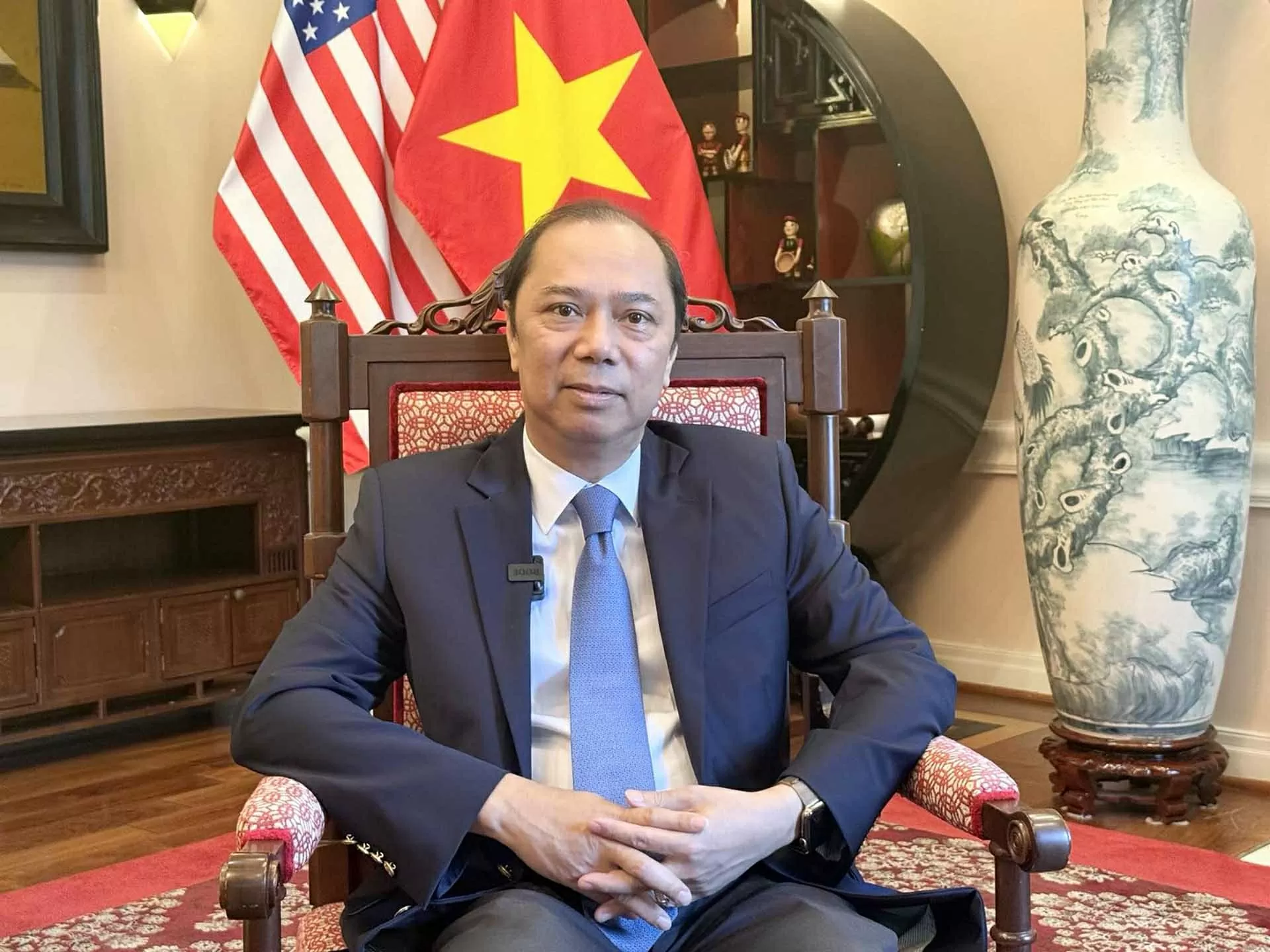 |
| Vietnamese Ambassador to the United States Nguyen Quoc Dung. (Source: Vietnamese Embassy in the United States) |
Through a journey of more than 40 years of working in diplomacy , from 5 years of studying at the Diplomatic School, now the Diplomatic Academy, to 35 years of working at the Ministry of Foreign Affairs, I have increasingly realized that diplomacy is a noble profession, with a very unique characteristic - always new, never old or boring.
The profession of "first time"
The most remarkable thing I have realized during my career is that diplomacy is truly a “first-time job”. This may sound paradoxical – how can someone with many years of experience still encounter things that have to be done for the first time?
The answer lies in the unique nature of diplomacy. Unlike other jobs that are repetitive, mechanical and predictable, diplomacy always puts us in front of new situations and unprecedented challenges. Every negotiation, every meeting, every diplomatic event has its own unique elements and unpredictable variables.
In a world that is constantly changing, where international relations are becoming increasingly complex and multidimensional, the situations a diplomat faces are never exactly the same. This requires us to constantly explore, learn and understand in order to respond effectively.
Experience gained through previous jobs and experiences plays an important role, but in a different way. Experience helps us have a better approach, develop professional intuition, and the ability to assess situations quickly and accurately.
However, the specific behavior in each new situation always requires creativity, flexibility and adaptability. Experience is like a compass, not a fixed formula.
I was fortunate to have a period of time working as a secretary for Minister Nguyen Dy Nien. This can be considered one of the most important and memorable periods in my career. In this position, I had the opportunity to access a lot of important information, observe how leaders handle work and deal with many complex situations. The special thing about this role is that I could support the Minister in many important tasks without being directly responsible for the final decision. This created an ideal learning environment where I could observe, learn and gain experience without being pressured by heavy responsibilities.
As a Secretary to the Minister, I also learned a lot about leadership. I witnessed how leaders make decisions in complex situations, how they weigh different factors, how they build consensus and drive policy implementation.
This experience helped me understand that leadership is not just about giving orders or making decisions, but also about the ability to inspire, build trust and create a productive working environment. A good leader not only needs to be a good communicator, but also needs to be able to listen, understand the perspectives of other parties and find constructive solutions.
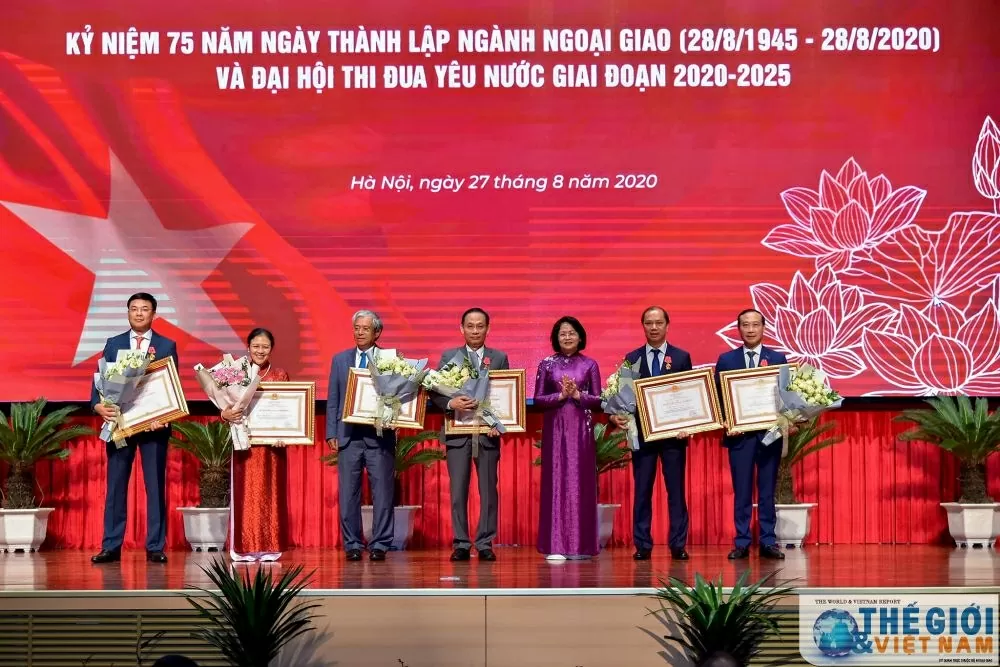 |
| Deputy Minister of Foreign Affairs Nguyen Quoc Dung and his colleagues received the Labor Medal at the 75th Anniversary of the Establishment of the Vietnamese Diplomatic Service on August 27, 2020. (Photo: Tuan Anh) |
Always be aware of your limitations
The "always new" nature of diplomacy has taught me a lesson: never be subjective. Subjectivity can cause us to overlook many important details, subtle changes in the international environment. In diplomacy, a small detail overlooked can lead to big consequences. Also from the determination of "not being subjective", I also believe that we need to be ready to learn from everyone, not just from the elders and seniors. When we think we know everything, have experienced enough situations, we are more likely to become rigid in our thinking, losing the ability to adapt to new changes. The younger generation often has access to new technology, has better language skills, and a deep understanding of contemporary culture. And because of that, their generation can bring fresh perspectives, understanding of technology, social media and contemporary culture that our generation may miss.
One of the most important lessons I have learned over the years is to be aware of my own limitations. Although I have had the opportunity to move through many different units, experience both the external and internal aspects of the industry, study in Europe and be exposed to many new ideas, I still find that my vision is always limited.
The world is becoming more complex, international relations are becoming more multidimensional and volatile. No one can grasp all these changes. It is important to have a humble attitude, admit your shortcomings and always be ready to learn.
The awareness of this limitation is what motivates me to continue learning and constantly broadening my horizons. In the modern world, a diplomat needs to understand not only politics but also economics, culture, technology, environment and many other fields. It is for this reason that this is perhaps a profession that is… always new.
Expanding your horizons means not only learning new knowledge but also changing the way you look at things and approach them. It requires you to be open to new ideas and willing to change your perspective when new evidence comes to you.
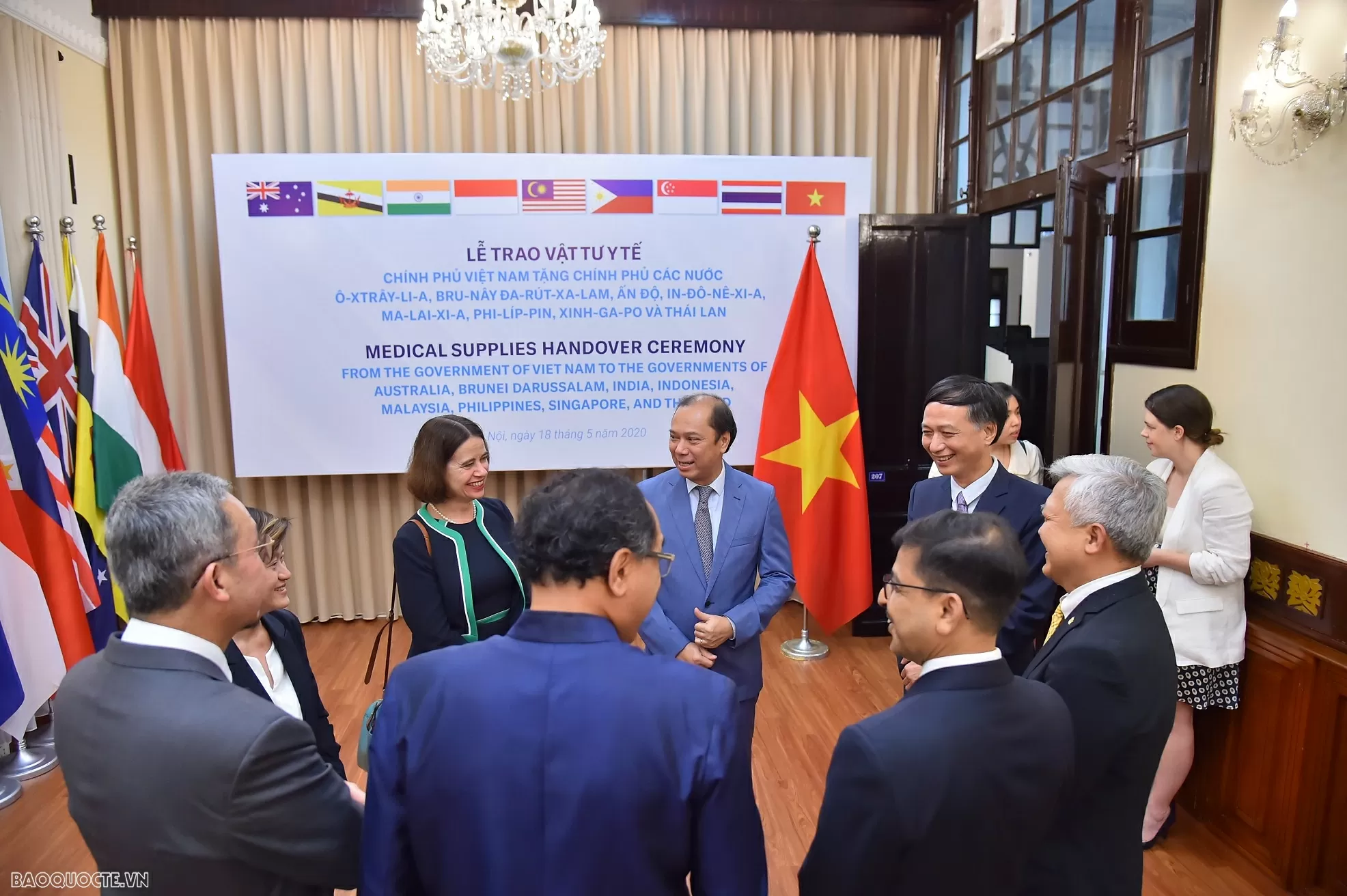 |
| Deputy Minister of Foreign Affairs Nguyen Quoc Dung talks with representatives of countries at the ceremony to donate medical supplies to prevent and fight Covid-19, in Hanoi, May 18, 2020. (Photo: Tuan Anh) |
The legacy of the “old trees” and the value of camaraderie
During my career, I have been fortunate to learn from the "old trees" of Vietnam's diplomacy - people who have devoted their whole lives to the country's diplomatic career. The senior leaders of the Ministry of Foreign Affairs that I worked under such as Uncles Nguyen Dy Nien, Vu Khoan, Pham Gia Khiem and further, Le Mai, Nguyen Manh Cam, to me are not only talented diplomats but also dedicated teachers.
From my predecessors, I not only learned profound professional knowledge and sophisticated negotiation skills, but also learned professional working style and modest behavior. My uncles and aunts showed me that a true diplomat needs not only intelligence and skills, but also personality and high professional ethics.
One of the aspects that I really appreciate and have learned in the process of working and living in the profession is that diplomacy is the art of patience. Success in diplomacy often does not come quickly but requires time, perseverance and endurance. The more I interact with senior leaders, the more I see the importance of having a strategic vision, the ability to look far and wide, not just focusing on immediate benefits.
In diplomacy, one of the most valuable assets a person can have is the relationship with colleagues. People who have studied together and worked together for many years create an extremely valuable network of relationships. Deep understanding and sympathy between colleagues, the ability to understand each other without saying much, is the result of many years of working together and sharing experiences. Thanks to these relationships, many tasks are handled promptly and effectively. At critical moments, when quick and accurate action is required, trust and mutual understanding between colleagues become decisive factors.
Especially during the period of strong development of ASEAN, when Vietnam played an increasingly important role in the region, personal relationships between diplomats, mutual trust, for example between ASEAN SOM leaders, in which I had a period of holding this position, representing Vietnam, contributed to promoting cooperation and solving complex problems.
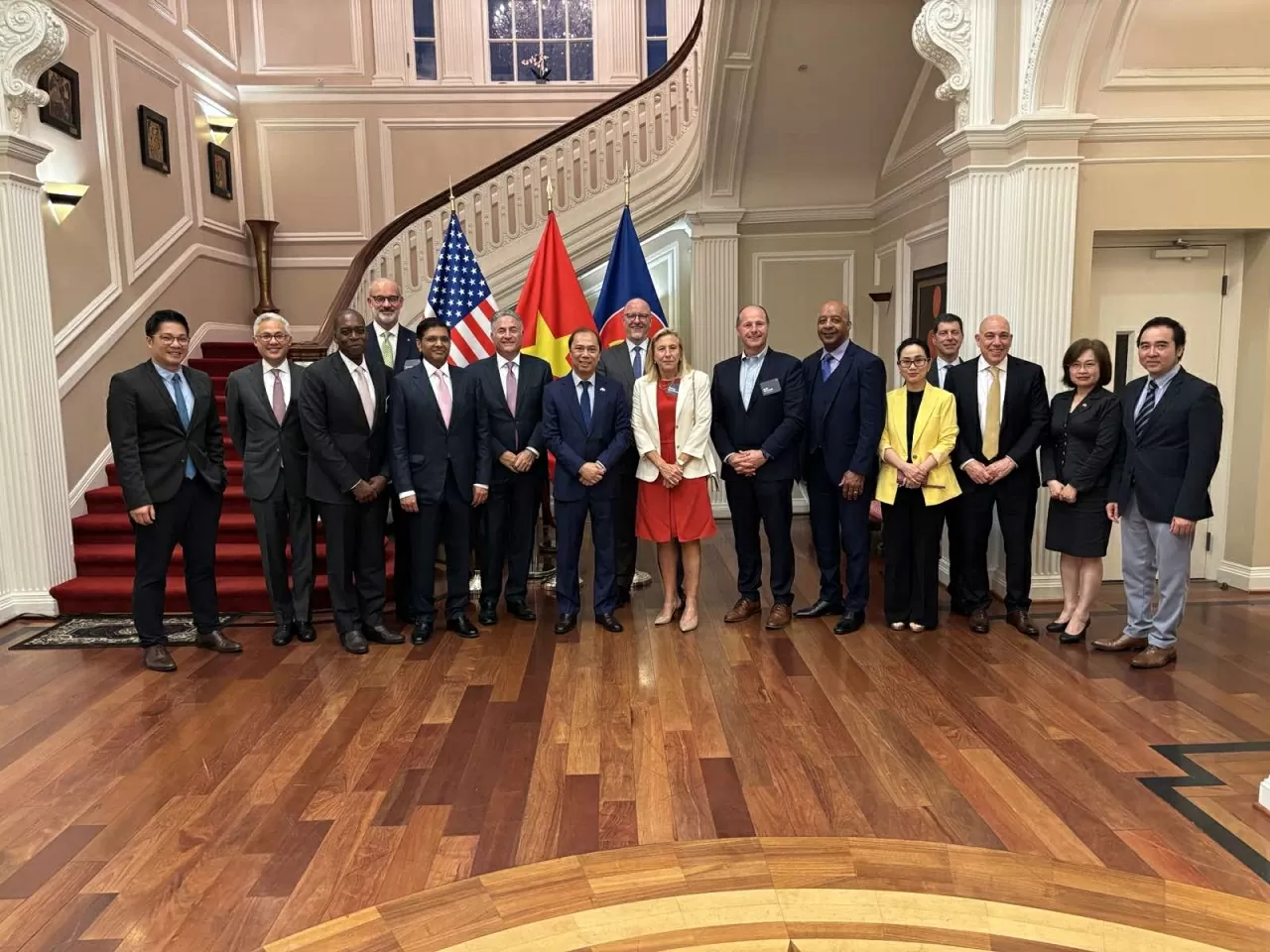 |
| Ambassador Nguyen Quoc Dung met with CEOs of 10 leading US businesses. (Source: Vietnamese Embassy in the US) |
Some suggestions for future generations
After 40 years of working in diplomacy, the more I think about it, the more I feel satisfied, and I want to share some thoughts with the younger generations of diplomats. Although this is not something new or profound, and anyone can say it, what I find special here is that the more I think about it, the more I ponder, the more I find it true. First is the spirit of humility. Humility does not mean lack of confidence, but rather a correct perception of one's own abilities and a willingness to learn from others.
Humility leads to the second thing, which is the spirit of continuous learning. The diplomatic profession requires us to constantly update our knowledge, expand our understanding and constantly improve ourselves. This is not only meaningful in the early stages of our career but must be maintained throughout our work.
Humility also helps us not to be complacent. In a rapidly changing world, what we know today may not be true tomorrow. Therefore, we must always be self-aware, remind ourselves, stay informed and adjust our views when necessary.
Principled flexibility is perhaps the last point I would like to emphasize here. I am just giving an example of adaptability. In diplomacy, plans can change at any time, situations can develop in unforeseen ways. A good diplomat must be able to anticipate, prepare for, and adapt to these changes quickly while staying true to established policy goals and priorities.
Even though we have experience, we still need to continue to hone our skills, because each diplomatic situation has its own unique characteristics. Success in the profession comes not only from professional knowledge but also from the ability to build relationships, mutual trust and solidarity within the team.
Diplomacy is truly a beautiful profession - beautiful because it brings deep meaning to life, beautiful because we can contribute to building peace and cooperation between nations. Although full of challenges, it is those challenges that make the profession attractive and meaningful.
With these shares, I hope that future generations of diplomats will continue to promote the fine traditions of the industry, while bringing new contributions and creative approaches to further develop Vietnamese diplomacy and affirm its position in the international arena.
Source: https://baoquocte.vn/nghe-ngoai-giao-hanh-trinh-day-tu-hao-va-luon-moi-me-325312.html





![[Photo] General Secretary To Lam attends the 80th anniversary of Vietnam's diplomacy](https://vphoto.vietnam.vn/thumb/1200x675/vietnam/resource/IMAGE/2025/8/25/3dc715efdbf74937b6fe8072bac5cb30)



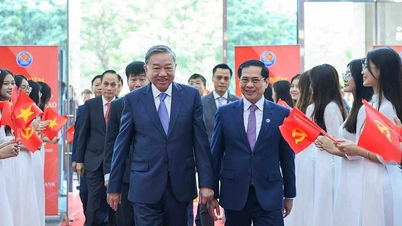

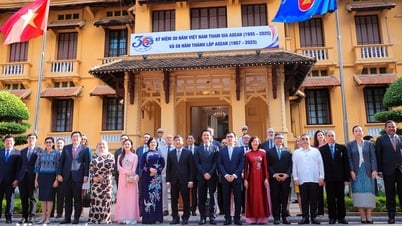
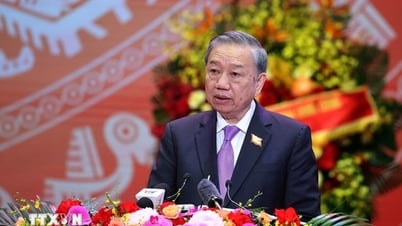

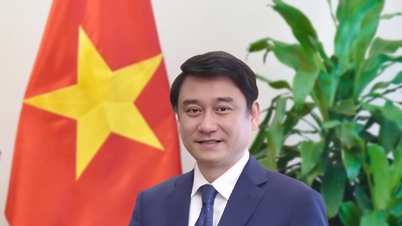
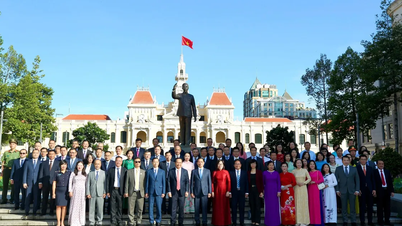

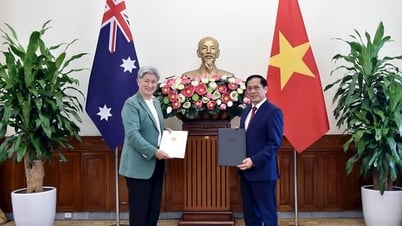

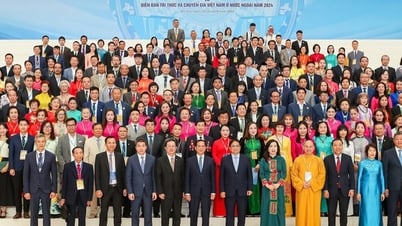

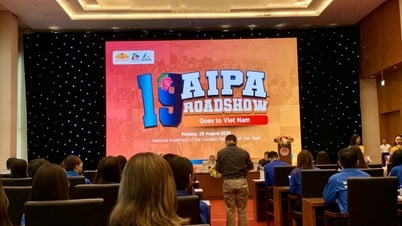
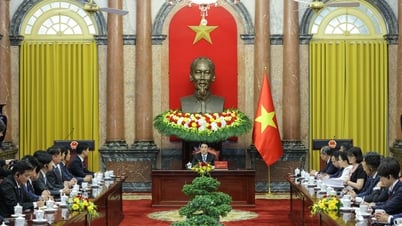


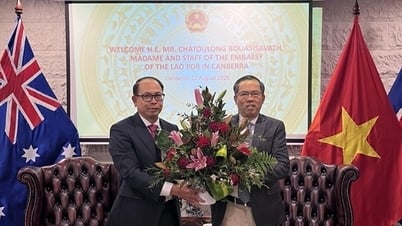
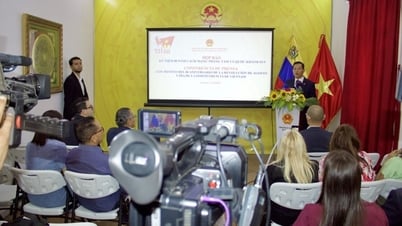




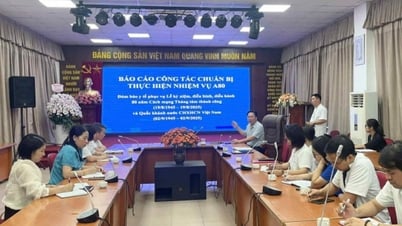
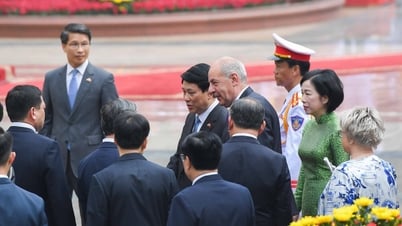
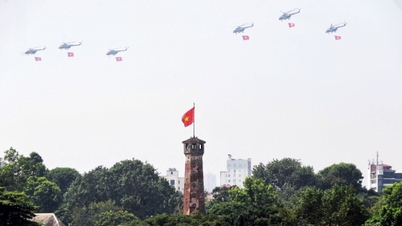
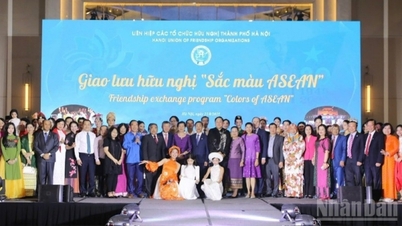
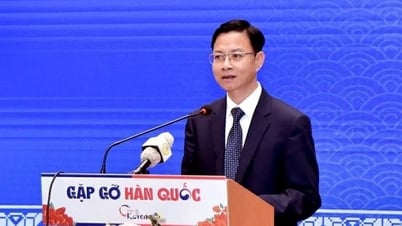
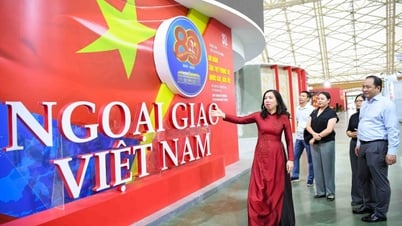


















































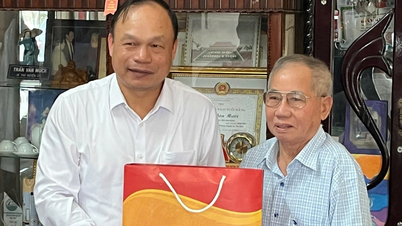
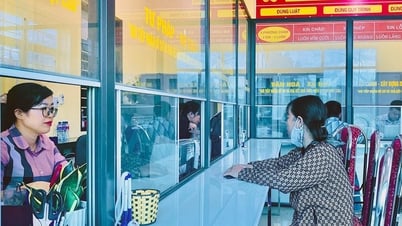

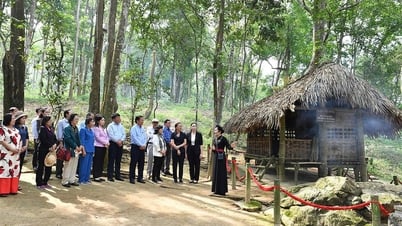
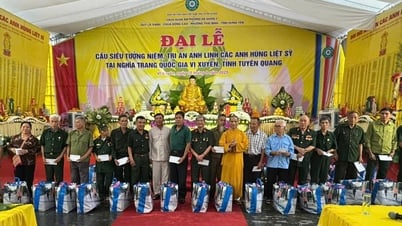


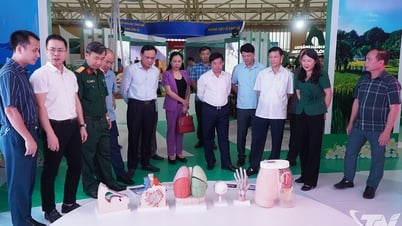













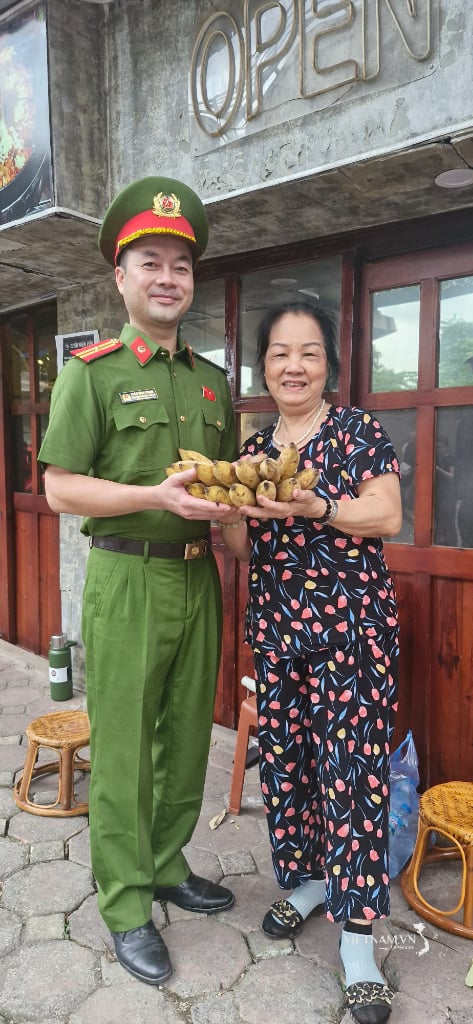
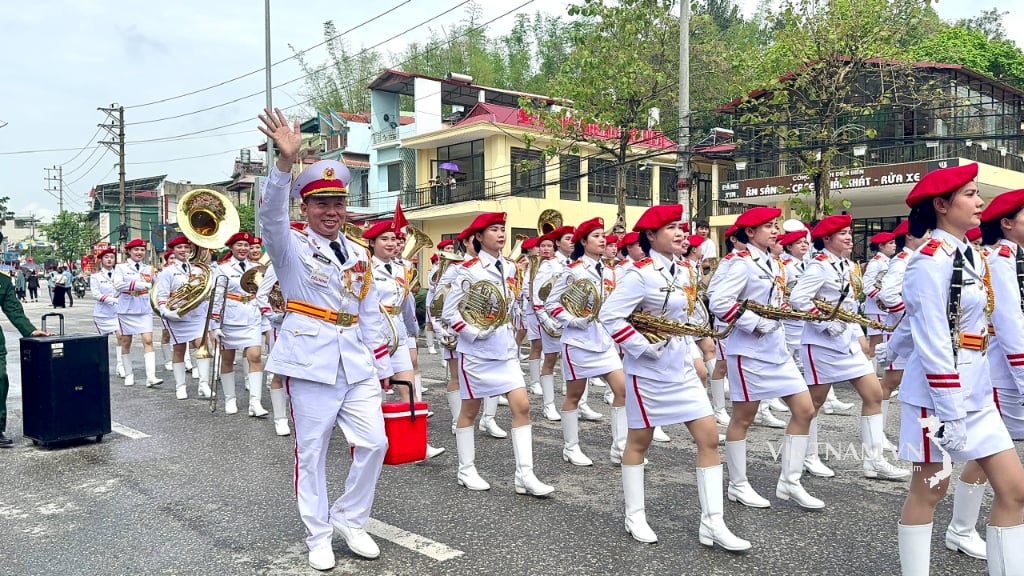
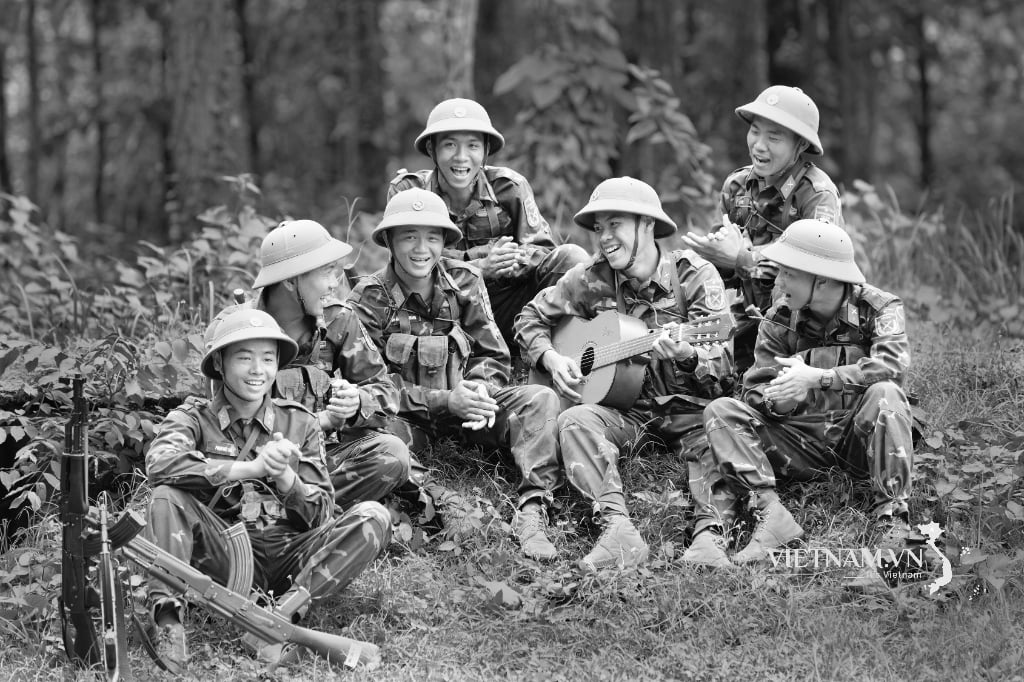
Comment (0)